Shopify is the best ecommerce platform if you know the ways through which you could master shopify SEO. Optimizing the seo of your store could help gain more organic traffic and higher ranking in the search engine, with great boosts of conversion rates. Here is how to generate store traffic using effective Shopify SEO strategies.

Table of Contents
ToggleBefore You Start: Shopify SEO Essentials
Before you dive into the nitty-gritty, technical, on-page, and off-page SEO, let’s cover some of the Shopify SEO basics first:
- Choose a niche-focused domain name: Your domain name needs to reflect your brand and main products.
- Enable SSL: Secure your Shopify store through the installation of SSL encryption both for trust and for rankings in search.
- Mobile responsiveness: Google ranks mobile-friendly sites higher; therefore, make sure your Shopify theme is optimized for a mobile user.
- Fast loading speed: A page speed impacts both SEO and user experience. Use fast, light-weight themes and compress images.
After all these basics are well taken care of, you can carry out some of the more targeted Shopify SEO techniques.
Technical SEO for Shopify Stores
Technical SEO ensures search engines can properly crawl and index your Shopify store. Here are some technical seo services aspects to prioritize:
-
- URL Structure: Shopify automatically generates URLs, but it’s crucial to make sure they are clean and descriptive. Avoid unnecessary words or symbols and focus on including relevant keywords.

- 301 Redirects: Even when changing your product or category pages, make sure you have added 301 redirects in place so that links do not become broken and the SEO value is maintained.

- XML Sitemap: Shopify automatically generates an XML sitemap. This will aid search engines in finding your pages. Be sure to submit it in Google Search Console so it is indexed.
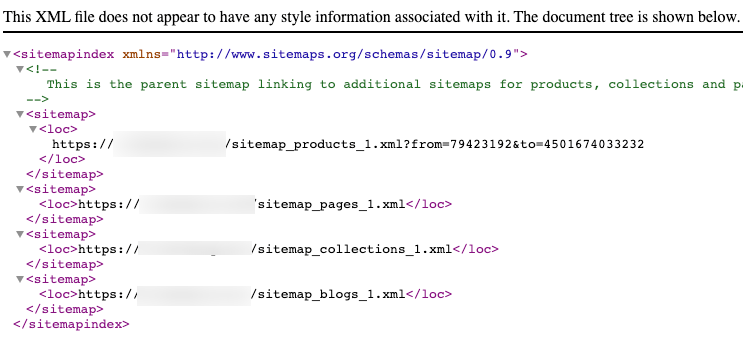
- Canonical Tags: SShopify automatically adds canonical tags for you and, again, to prevent problems with the presence of duplicate content. This helps avoid confusion between search engines about what version to rank-essentially, mainly for product variants.

- URL Structure: Shopify automatically generates URLs, but it’s crucial to make sure they are clean and descriptive. Avoid unnecessary words or symbols and focus on including relevant keywords.
-
- Structured Data (Schema Markup): Add product, review, breadcrumb schema, and other structured data so that your pages can better show up in search results with rich snippets and improve click-through rates.
- Image Optimization: Compress images without compromising on the quality so that they get loaded faster. Always use alt text with keywords to help search engines understand what the images are talking about.
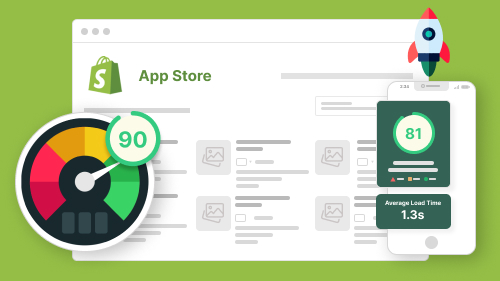
On-page SEO for Shopify Stores
On-page SEO aims to tweak the content and elements within your Shopify store pages so that they rank better. Here are a few key on-page SEO strategies.
-
-
-
- Keyword Research: Conduct thorough keyword research and find high-traffic, relevant keywords. Best would be product-related keywords with buyer intent and long-tail for niche products.
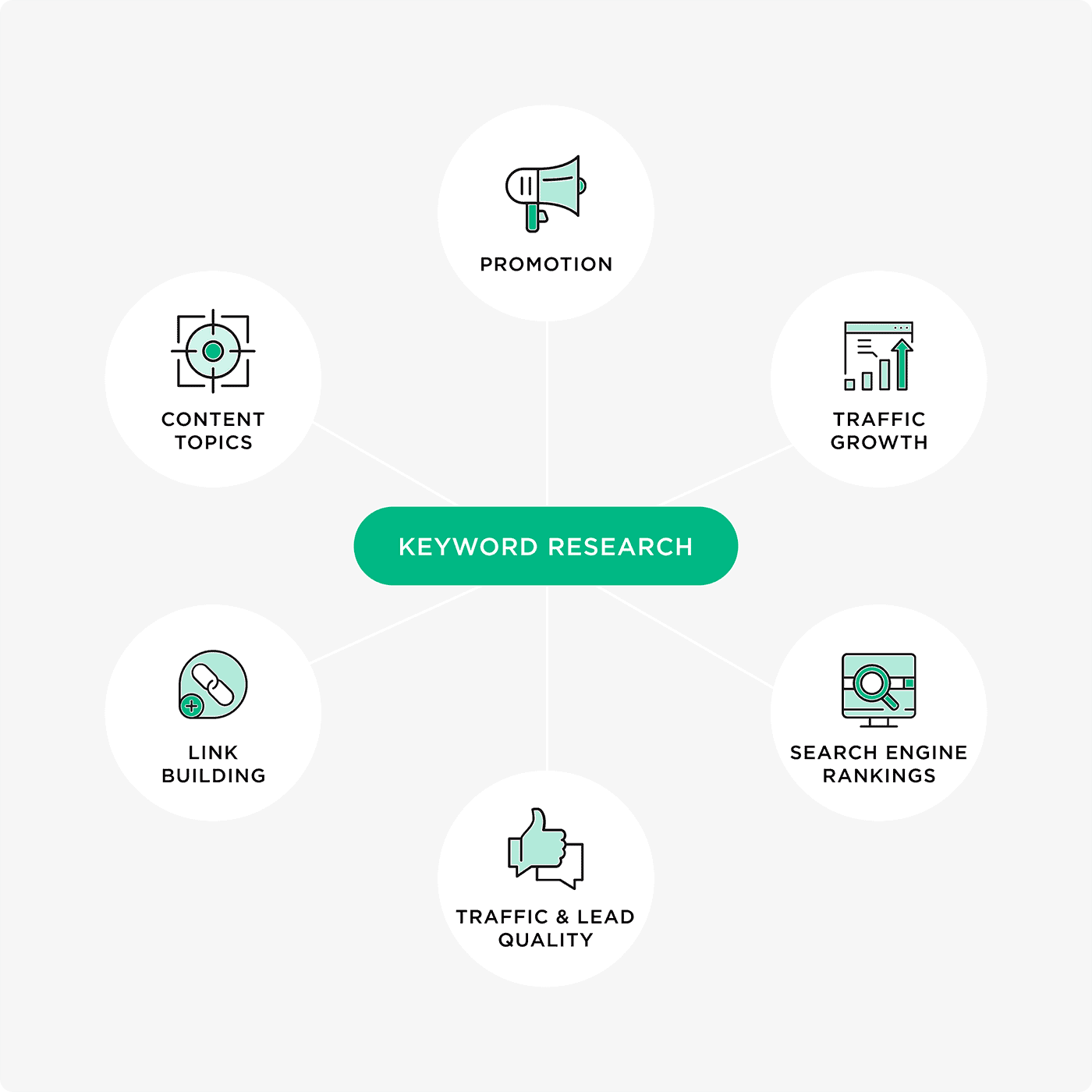
- Optimize Product Titles and Descriptions: Use product titles that are short, descriptive, and include head terms. Descriptions should be lively, revealing, and organically include secondary terms.

- Keyword Research: Conduct thorough keyword research and find high-traffic, relevant keywords. Best would be product-related keywords with buyer intent and long-tail for niche products.
- Meta Tags: Use meta title and descriptions with unique content that has key terms on every page. Meta tags do not affect ranking directly but might indirectly affect click-through rate if the user sees your store in the search results.

-
- Optimize Shopify Blogs: Blogging is one of the best SEO tools. Write regular blog posts answering the customer‘s queries, displaying products, and targeting the keywords that align with the focus of your store.
- Internal Linking: Internal link related products and blog posts to guide users through your store and increase the chance of additional sales. It also helps search engines to understand the structure of your store.
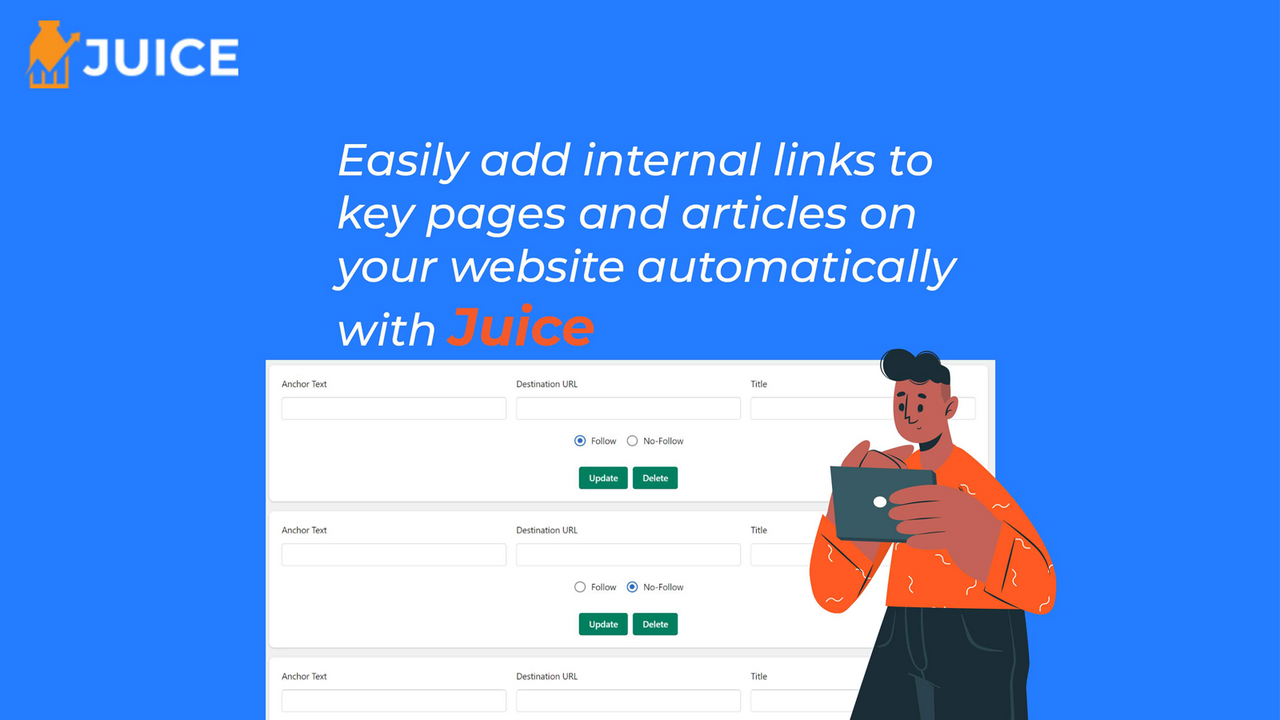
-
- User Experience (UX): A clean intuitive store design that is easy to navigate will keep the visitors sticking around. In short, improve the overall shopping experience so that bounce rates are decreased and conversions increase.

Off-page SEO for Shopify Stores
Off-page SEO refers to the creation of an authority or reputation of a store online. The ways you can make off-page SEO are listed below:
-
- Backlink Building:Backlinks are backlinks that build value for your website. Identify industry bloggers and influencers who are writing about your business, store, or products. Quality backlinks from authority sites can maximize the domain authority of the website.

- Backlink Building:Backlinks are backlinks that build value for your website. Identify industry bloggers and influencers who are writing about your business, store, or products. Quality backlinks from authority sites can maximize the domain authority of the website.
-
- Social Media: Although social media signals are not ranking factors, they do give you traffic and make your brand known. Hence, through Instagram, Facebook, and Pinterest, use your products and content to make the people visit your Shopify store.
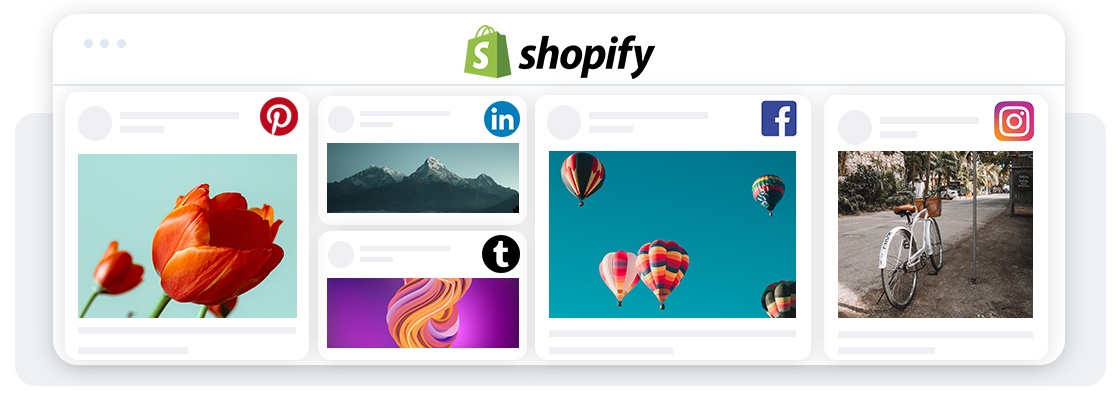
- Social Media: Although social media signals are not ranking factors, they do give you traffic and make your brand known. Hence, through Instagram, Facebook, and Pinterest, use your products and content to make the people visit your Shopify store.
-
- Customer Reviews: Request your customers to review on product pages. Positive reviews build trust. However, in addition to their ability to help enhance local SEO and visibility within search results.
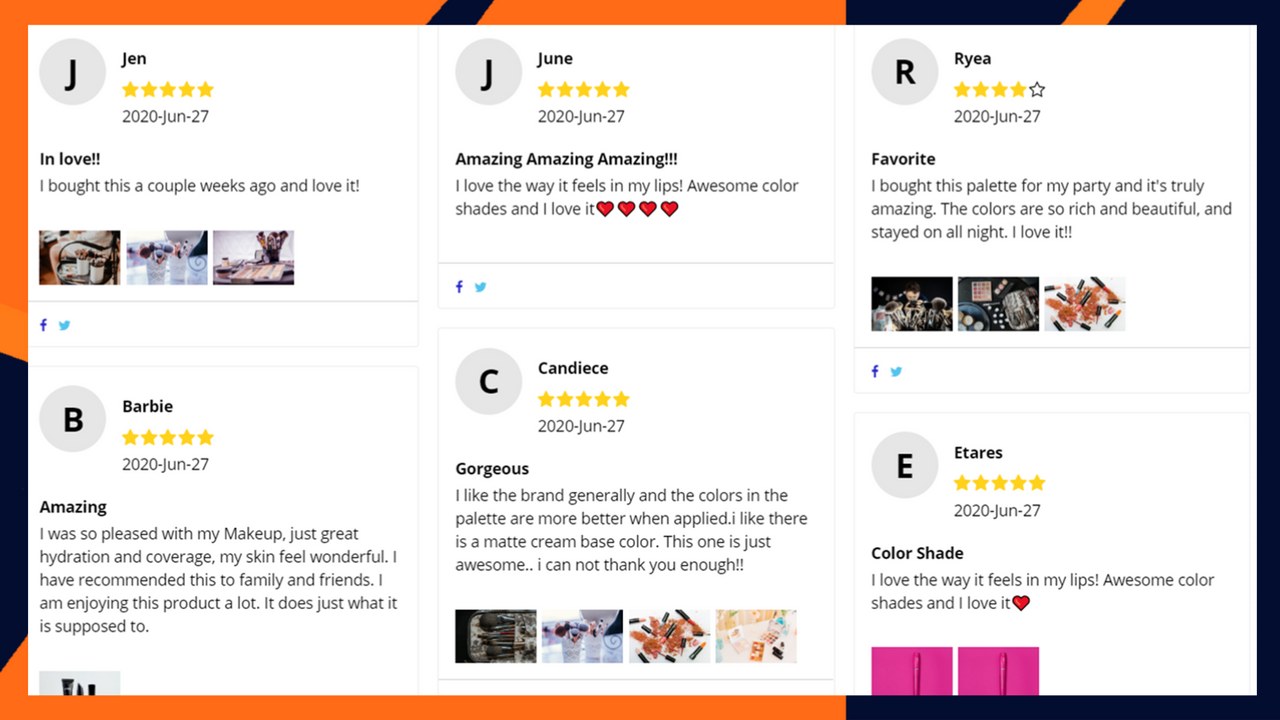
- Customer Reviews: Request your customers to review on product pages. Positive reviews build trust. However, in addition to their ability to help enhance local SEO and visibility within search results.
-
-
- Content Marketing: Create informative content related to your niche so that you stand out as an expert. This may include guest blogging, working with influencer types of people, or by creating free resources that link to your shop.

- Content Marketing: Create informative content related to your niche so that you stand out as an expert. This may include guest blogging, working with influencer types of people, or by creating free resources that link to your shop.
-
Shopify SEO FAQ
- How much time will a Shopify SEO agency take?
A long-term investment, taking 3 to 6 months depending on the competitiveness of your niche. - Does Shopify have built-in SEO tools?
Shopify has some built-in features for SEO, but you would need additional apps or help from an expert to truly optimize for advanced SEO. - How can I evaluate the performance of my Shopify SEO Agency?
Google Analytics, Google Search Console, and Analytics on Shopify can be used to monitor organic traffic, keyword positions, and user behavior. - Will product reviews enhance my SEO?
Absolutely, because in addition to adding fresh content and social proof to your store, it means that the user engagement and search rankings will likely increase.
Start Your Shopify SEO Journey Today
Shopify SEO may sound very intimidating, but when you break it down to technical, on-page, and off-page SEO, then you can start making those changes to increase your store‘s visibility and get more traffic. Like every other SEO, it is a process that requires effort and evolution, but the benefits are worth every cent of your hard work. So go ahead, optimize today, and see your Shopify store flourish!












Rahul M.
B2B Service Provider